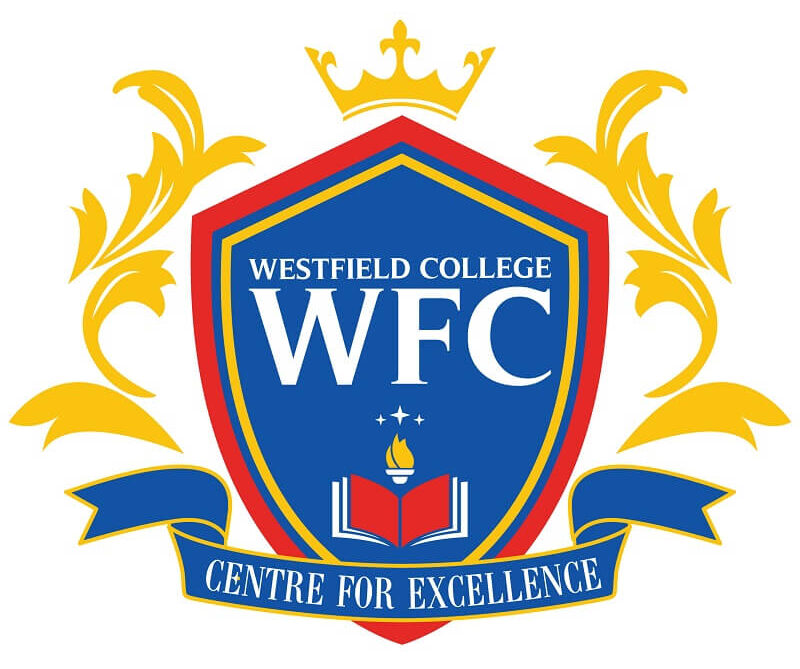Communication in Health and Social Care. Great Course. Very Easy to Understand
BA (Hons) Public Services

BA (Hons) Public Services
Overview:
In today’s rapidly changing global landscape, the demand for compassionate, visionary, and dedicated public servants has never been greater. Whether you dream of leading in government, healthcare, law enforcement and uniformed protective services, education, or any other sector, this programme has been designed to equip you with the knowledge, skills, and values needed to make a real difference in your community and the wider world.
Our exciting curriculum has designed by industry experience, ensuring that you receive a relevant and up-to-date education in and out of the classroom. You’ll gain insights and practical experience of public services law, organising critical incident and emergency responses, protecting equality and human rights, and how to lead change in public service design.
We believe in learning by doing. Through internships, practical projects, and fieldwork, you’ll be given opportunities to challenge yourself, apply your knowledge to real-world problems, hone your skills, and build your professional network. You’ll be able to develop your leadership and team working skills, and put them to the test in the Brecon Beacons National Park.
Graduates of our programme have a wide array of career opportunities awaiting them. From policing and security to search and rescue, government agencies to NGOs, healthcare to educational organisations, environment to citizen involvement, you’ll have the chance to make your mark.
Typical A-Level Offer
CDD (this is equivalent to 80 UCAS tariff points).
Typical Welsh BACC Offer
Pass the Advanced Welsh Baccalaureate Diploma with Grade C/D in the Skills Challenge Certificate and DD – CC at A Level (this is equivalent to 80 UCAS tariff points).
Typical BTEC Offer
BTEC Extended Diploma Merit Merit Pass (this is equivalent to 80 UCAS tariff points).
Typical Access to HE Offer
Pass the Access to HE Diploma and obtain a minimum of 80 UCAS tariff points
Additional Requirements
GCSEs: The University normally requires a minimum 5 GCSEs including Mathematics/Numeracy and English at Grade C or Grade 4 or above, or their equivalent, but consideration is given to individual circumstances.
Online application form
Information requested on this form should be completed in as much detail in order to process your application successfully. All fields marked * must be completed.
Apply Now
Entry Requirements
Contextual offers
We may make you a lower offer based on a range of factors, including your background (where you live and the school or college that you attended for example), your experiences and individual circumstances (as a care leaver, for example). This is referred to as a contextual offer and we receive data from UCAS to support us in making these decisions. USW prides itself on its student experience and we support our students to achieve their goals and become a successful graduate. This approach helps us to support students who have the potential to succeed and who may have faced barriers that make it more difficult to access university. Here is a link to our Contextual Admissions Policy.
Other qualifications and experience
We can also consider combinations of qualifications and other qualifications not listed here may also be acceptable. We can sometimes consider credits achieved at other universities and your work/life experience through an assessment of prior learning. This may be for year one entry, or advanced entry to year two or three of a course where this is possible.
To find out which qualifications have tariff points, please refer to the UCAS tariff calculator.
If you need more help or information or would like to speak to our friendly admissions team, please contact us here
WHAT YOU WILL STUDY
Our social work training is based on the All Wales Assessment Framework for Social Work, which incorporates the National Occupational Standards for Social Work. Students will work to Social Care Wales’ Code of Professional Practice for Social Care. Students are required to register with the Care Council for Wales prior to starting the course and complete an enhanced DBS check on a yearly basis (additional costs apply).
The social work degree is split into two distinct areas: University study and work–based practice. Throughout your three years you will study a number of subjects relevant to social work. This theoretical learning will provide a foundation for the practice based element of the programme and each year you will undertake a Practice Learning Opportunity.
Year One: Social Work Degree
- Human Growth and Social Sciences
- Communication Skills in Social Work
- Foundations for Practice and Personal Development
- Social Work Processes
- Law and Social Policy
- Twenty-day Fitness to Practice Learning Opportunity
Year Two: Social Work Degree
- Outcomes Focused Practice in Social Work
- Application of Legislation and Ethics in Social Work Practice
- Development of a Social Work identity
- Integrating Research with Social Work and Social Care
- Eighty-day Practice Learning Opportunity
Year Three: Social Work Degree
- Competence in Social Work Practice
- Social Work with Individuals, Families and Communities
- Integrating Research in Social Work and Social Work Practice
- Inter-professional and Multi-agency Working
- One-hundred day Practice Learning Opportunity
Teaching
Over the three years, you will experience a diverse range of teaching methods. The social work degree is taught through traditional methods such as lectures, group debate and presentations, as well as more experiential methods such as role play and courtroom debate, or online learning.
In practice, you will learn and be assessed through supervision and direct observation.
You will also benefit from the real-life experiences of representatives from the Service User and Carer Group, who contribute to the social work course. This means you’ll get a valuable insight into their personal experiences, to further prepare you for your career as a social worker.
Assessment
You must pass both theory and practice elements of the course to qualify as a social worker.
COURSE DETAILS
Placements
Including a 10-week placement in the second year, this course gives you the opportunity to transfer new knowledge into practice and advance essential skills. In your placement, you will have the opportunity to develop your employability skills, enhance your CV, and make contacts that could be useful to you in the future. Our students undertake placements with a wide range of public sector bodies and public service organisations.
Field Trips
There are activities and trips as part of the course. These include team building exercises with organisations such as the armed forces, and visits to the Houses of Parliament and the National Assembly for Wales.
Additional Costs
As a student of USW, you’ll have access to lots of free resources to support your study and learning, such as textbooks, publications, online journals, laptops, and plenty of remote-access resources. Whilst in most cases these resources are more than sufficient in supporting you with completing your course, additional costs, both obligatory and optional, may be required or requested for the likes of travel, memberships, experience days, stationery, printing, or equipment.
CAREERS
Public organisations are the largest employers in many parts of the UK, and this public services qualification will prepare you for a career in this exciting and diverse sector. Graduates of our public services degree go on to work in a range of public service fields. Recent graduates have entered careers that include prison officer, trainee paramedic, retained fire fighter, police call handler, housing officer, youth work, and teaching.
Our Careers and Employability Service
As a USW public services student, you will have access to advice from the Careers and Employability Service throughout your studies and after you graduate.
This includes: one-to-one appointments from faculty based Career Advisers, in person, over the phone or even on Skype and through email via the “Ask a Question” service. We also have extensive online resources for help with considering your career options and presenting yourself well to employers. Resources include psychometric tests, career assessments, a CV builder, interview simulator and application help. Our employer database has over 2,000 registered employers targeting USW students, you can receive weekly email alerts for jobs.
Our Careers service has dedicated teams: A central work experience team to help you find relevant placements; an employability development team which includes an employability programme called Grad Edge; and an Enterprise team focused on new business ideas and entrepreneurship.
Fees
Full time
- 12 to 18 months
£7,250
You’ll study 9 modules in total (approx. 37 hrs/week).
Part time option one
- 12 to 18 months
£4,250
You’ll study 6 modules per year (approx. 25 hrs/week).
Part time option two
- 12 to 18 months
£5,500
Have a question about our professional qualifications?

Contact us about our professional qualifications
If you have any questions about our professional qualifications in finance and banking, please contact our customer services team.
Call us
- +44 (0) 203 771 5653
- admissions@westfieldcollege.co.uk
What Our Students Have To Say
Hi, I recently started Access to Higher Education Diploma (Nursing and Midwifery) course with Westfield College.
--Komal Kiran Galaria
DesignerMy experience with Westfield College is great. The supervisor and the admin team are proactive and efficient.

